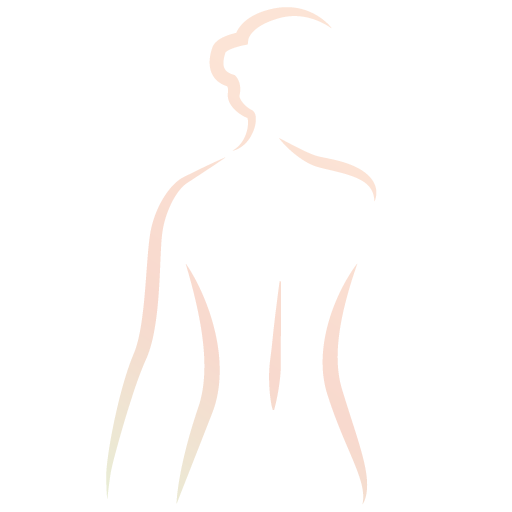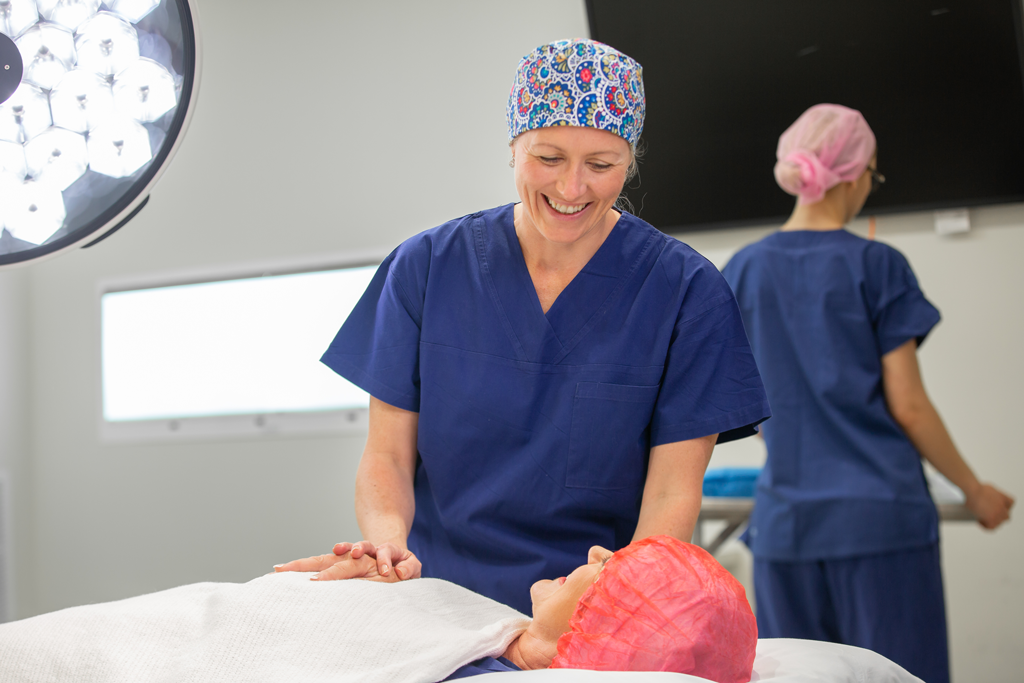Sensitively working with you to find solutions best suited to your lifestyle.
As a Gynaecologist I regularly treat general gynaecological issues such as abnormal uterine bleeding and ovarian cysts, whilst my advanced training in urogynaecology means I am also very well equipped to treat the more complex pelvic floor issues, such as incontinence, prolapse and child birth injuries
I have always believed in offering healthcare to everyone which is why I am delighted to be able to facilitate care to both public and private patients.
My international training has exposed me to a variety of evidence based approaches and treatment options, allowing me to inform you of the different possibilities before you make the decision best for you
When appropriate I can offer you minimally invasive surgical techniques such as keyhole surgery for prolapse and incontinence to ensure less discomfort after surgery and a quicker recovery period.
Additionally I perform 3D/4D ultrasounds of the pelvic floor and urodynamics.
Gynaecology Conditions
My practice covers general gynaecological conditions experienced by women. I have expertise in treating women with the conditions outlined below.
Abnormal uterine bleeding
Postmenopausal bleeding
Ovarian cysts
Uro-gynaecology Conditions
Urogynaecology is an area within Gynaecology that covers pelvic floor dysfunction and bladder problems. Additional training is required to gain expertise in assessing and treating pelvic floor conditions. My practice covers the full spectrum of uro-gynaecology conditions, as outlined below.
Childbirth injuries
Urodynamic Testing
A urodynamic study is a special test to evaluate the bladder and urethra (water pipe from the bladder). This test is performed to investigate urinary leakage (incontinence), urinary frequency and difficulties urinating. It may also be required prior to surgery. During the test the bladder is filled with water using a small catheter to reproduce the bladder symptoms you have at home and to determine why you are having issues with your bladder.
Sometimes additional investigations of your bladder are required called a cystoscopy. This involves assessing your bladder with a small camera/telescope.
There is a 1-3% risk of urinary tract infection after the test despite precautions, we advise you to drink plenty of water for the first 24 hours.

Treatment Options
Non-surgical Treatment Options
Surgical Treatment Options
Incontinence procedures:


